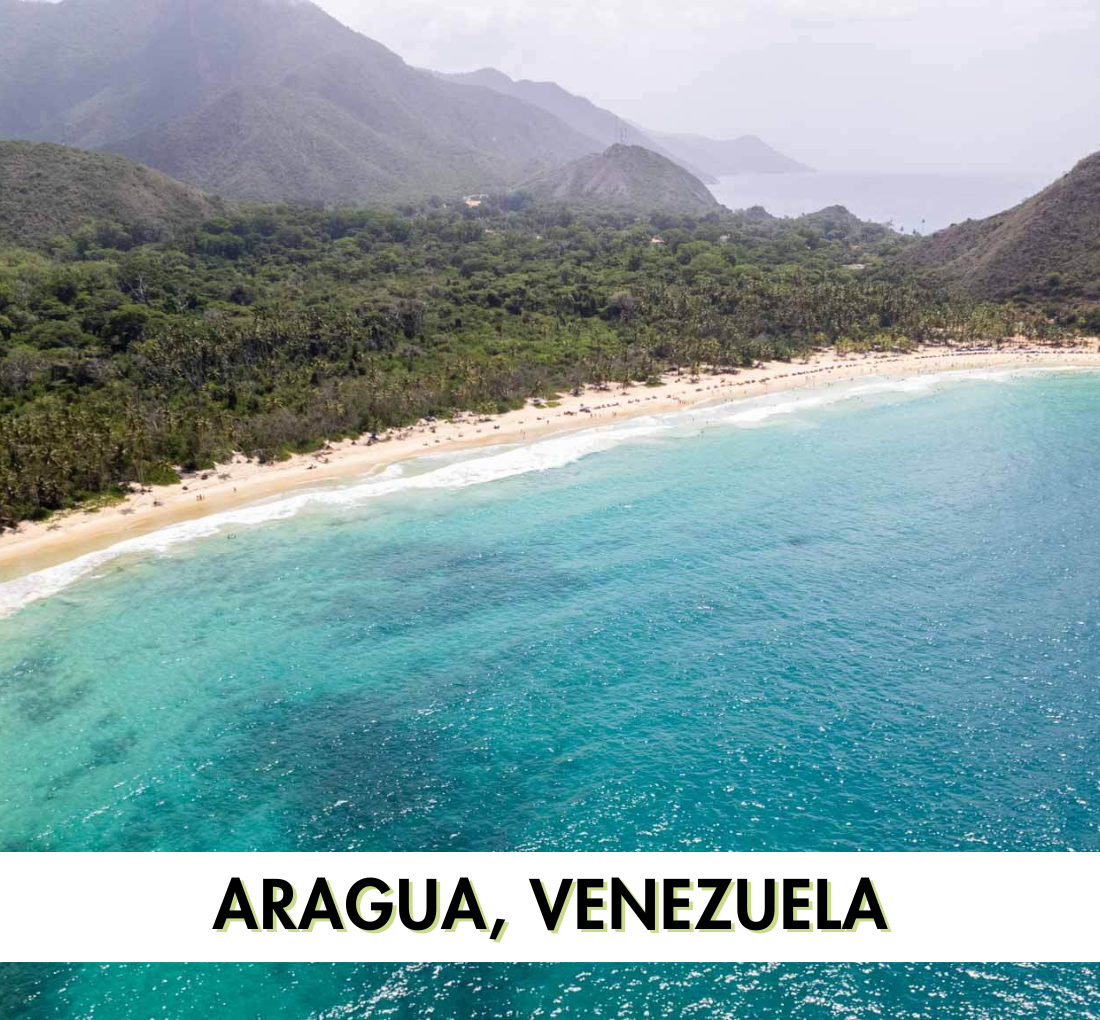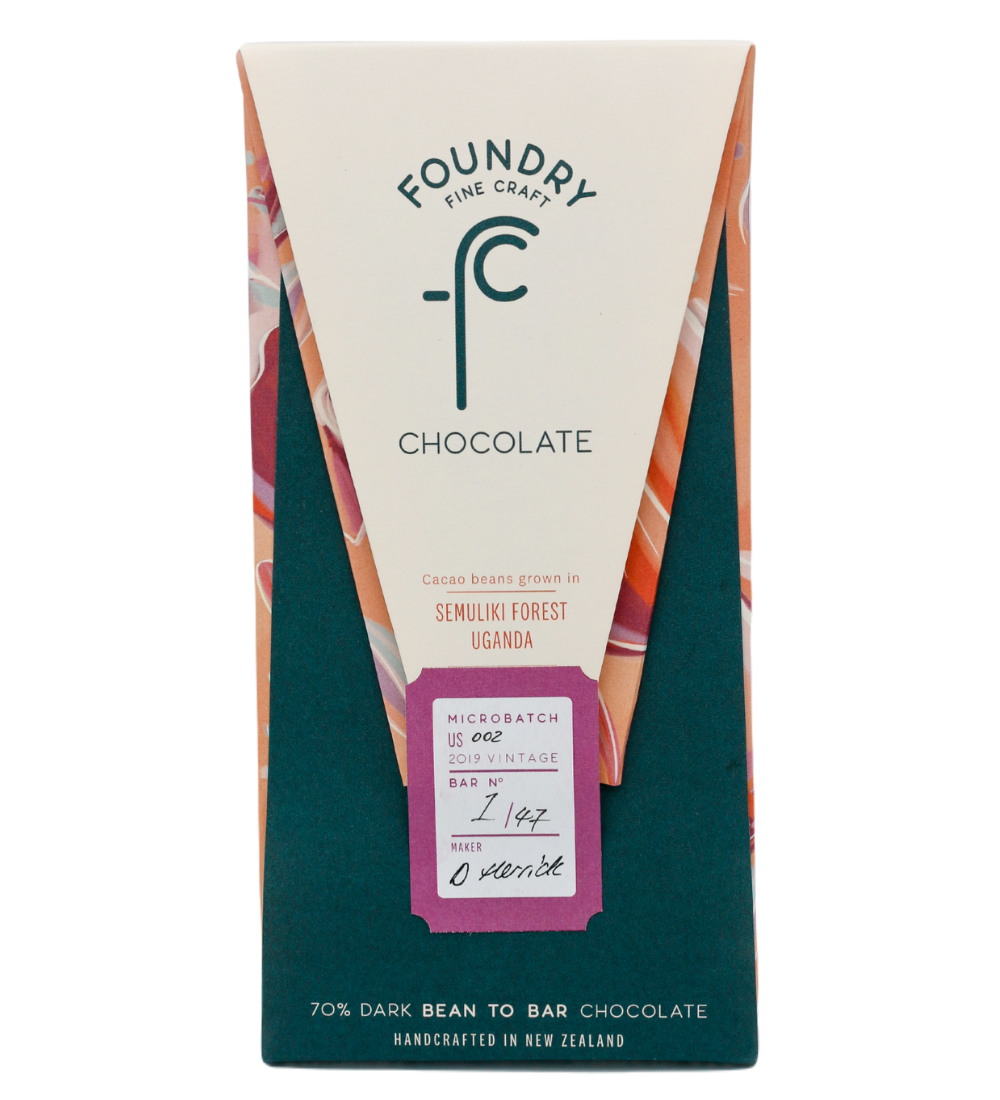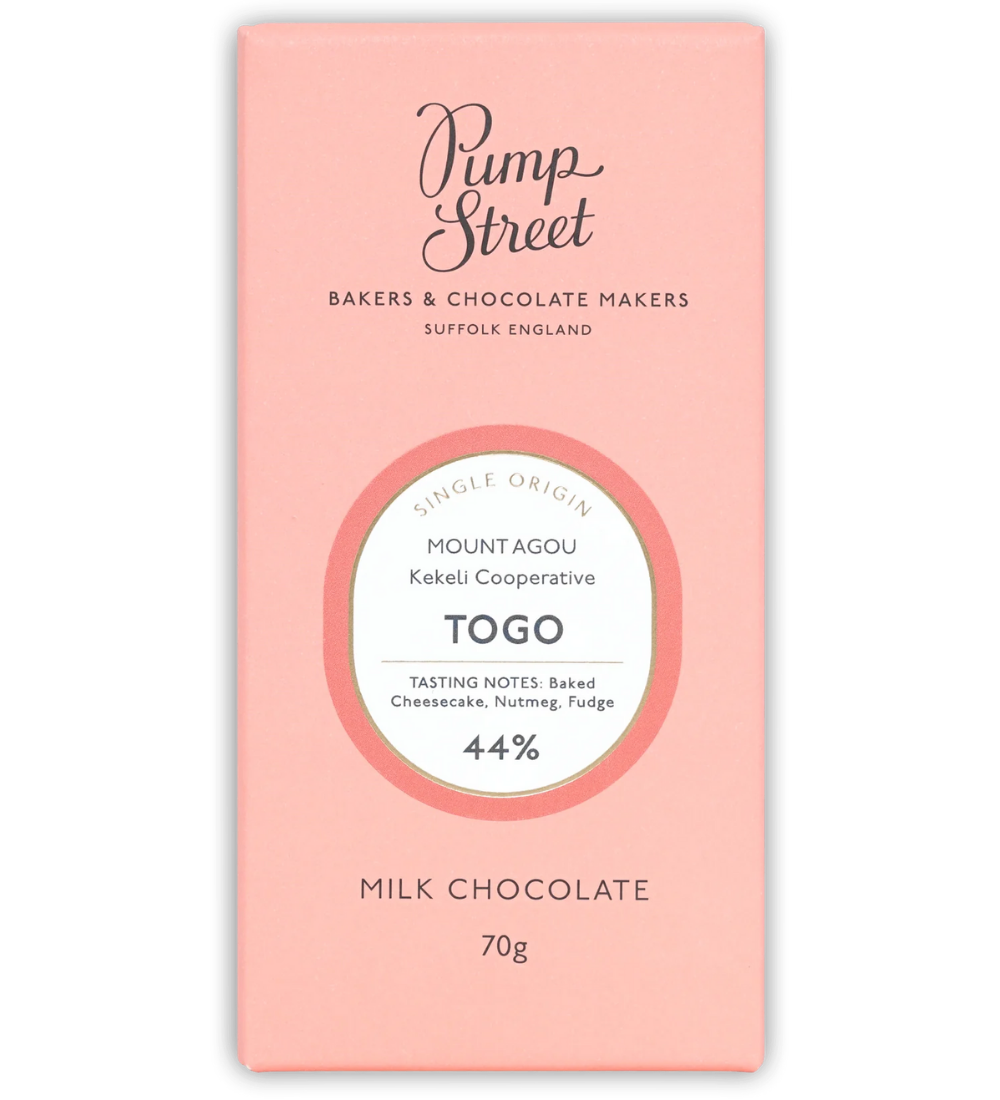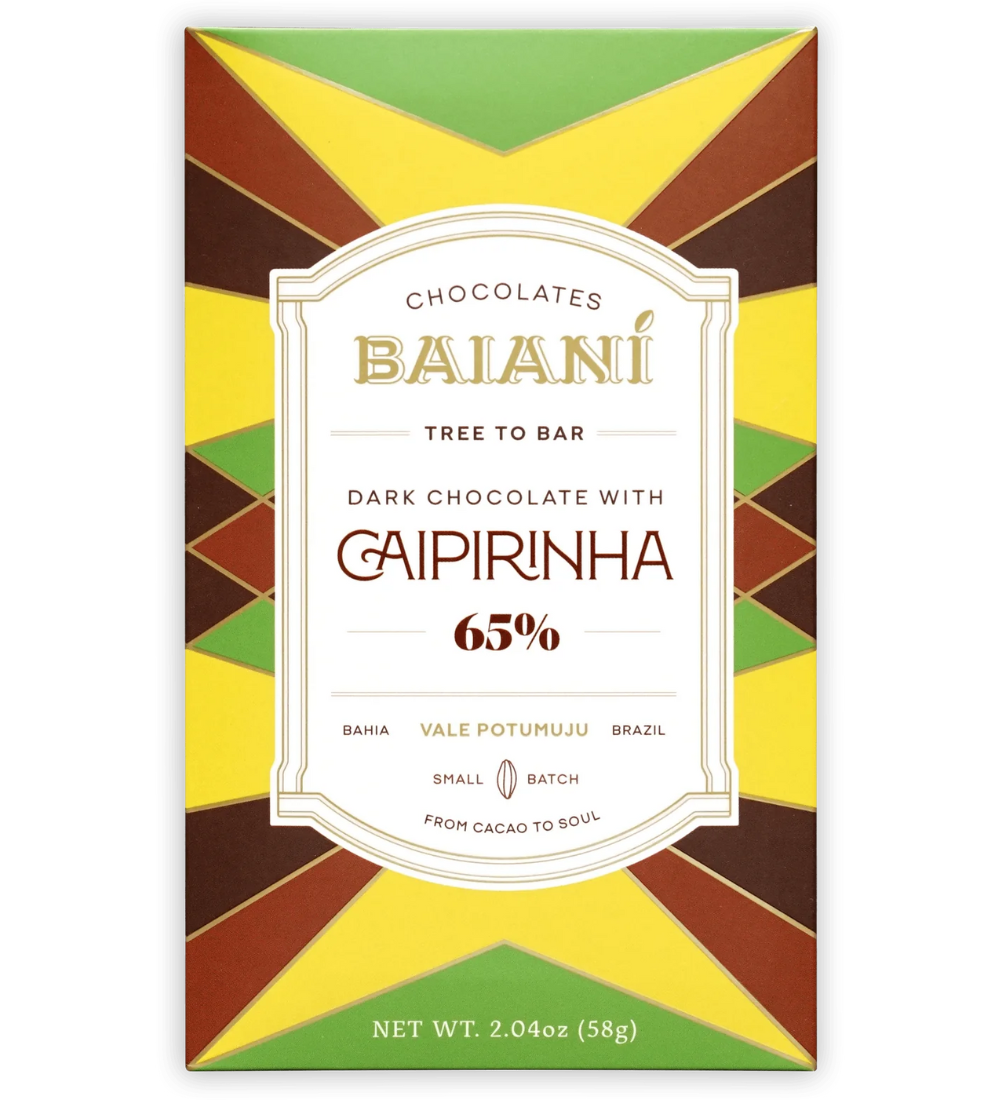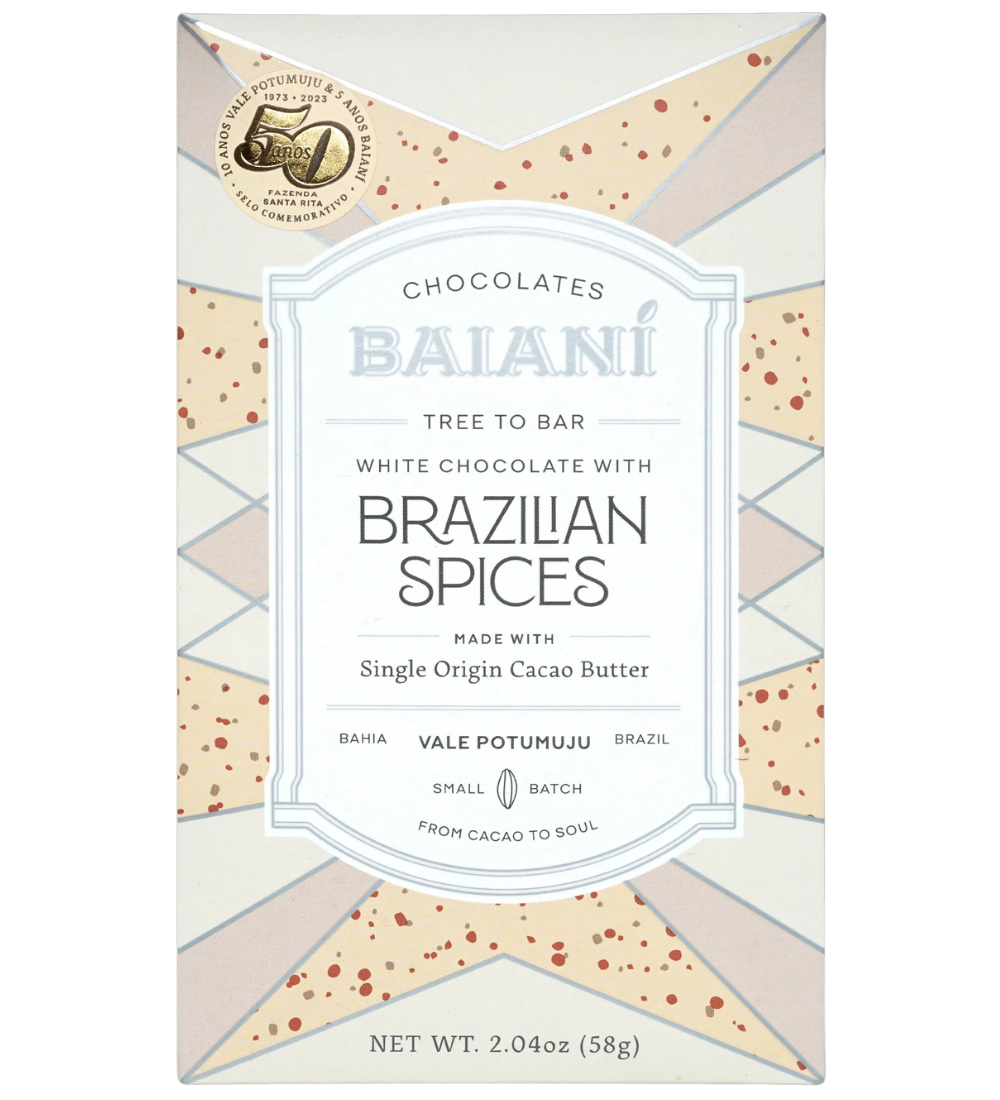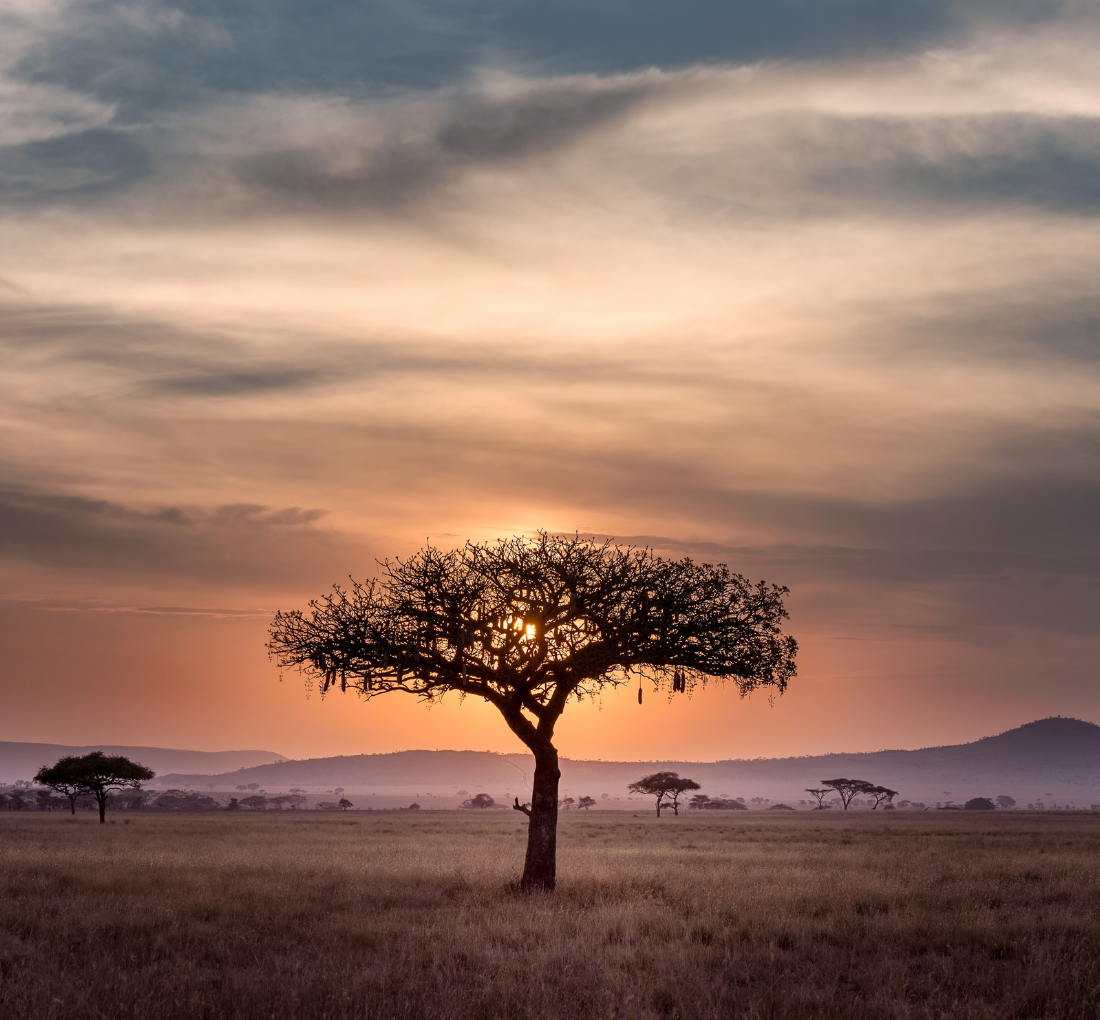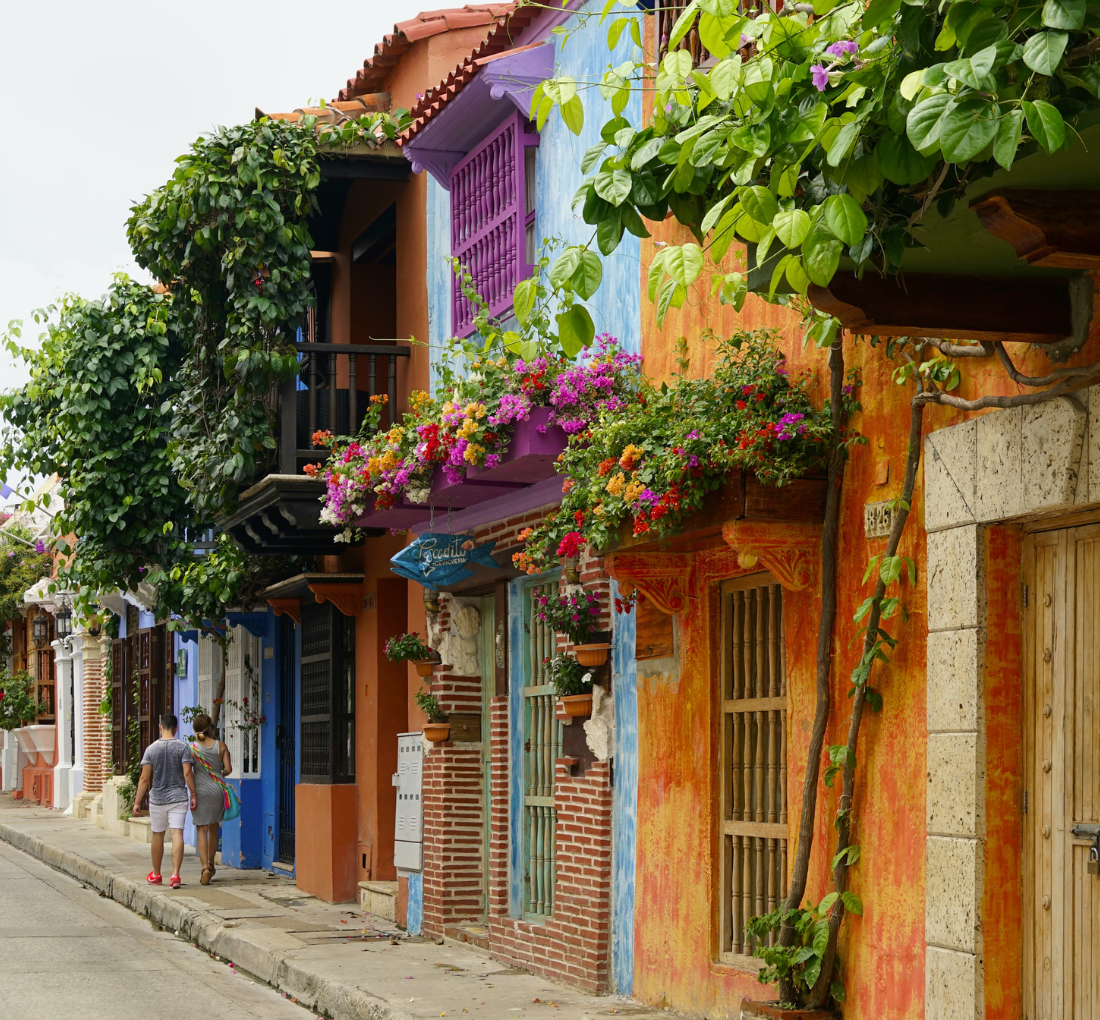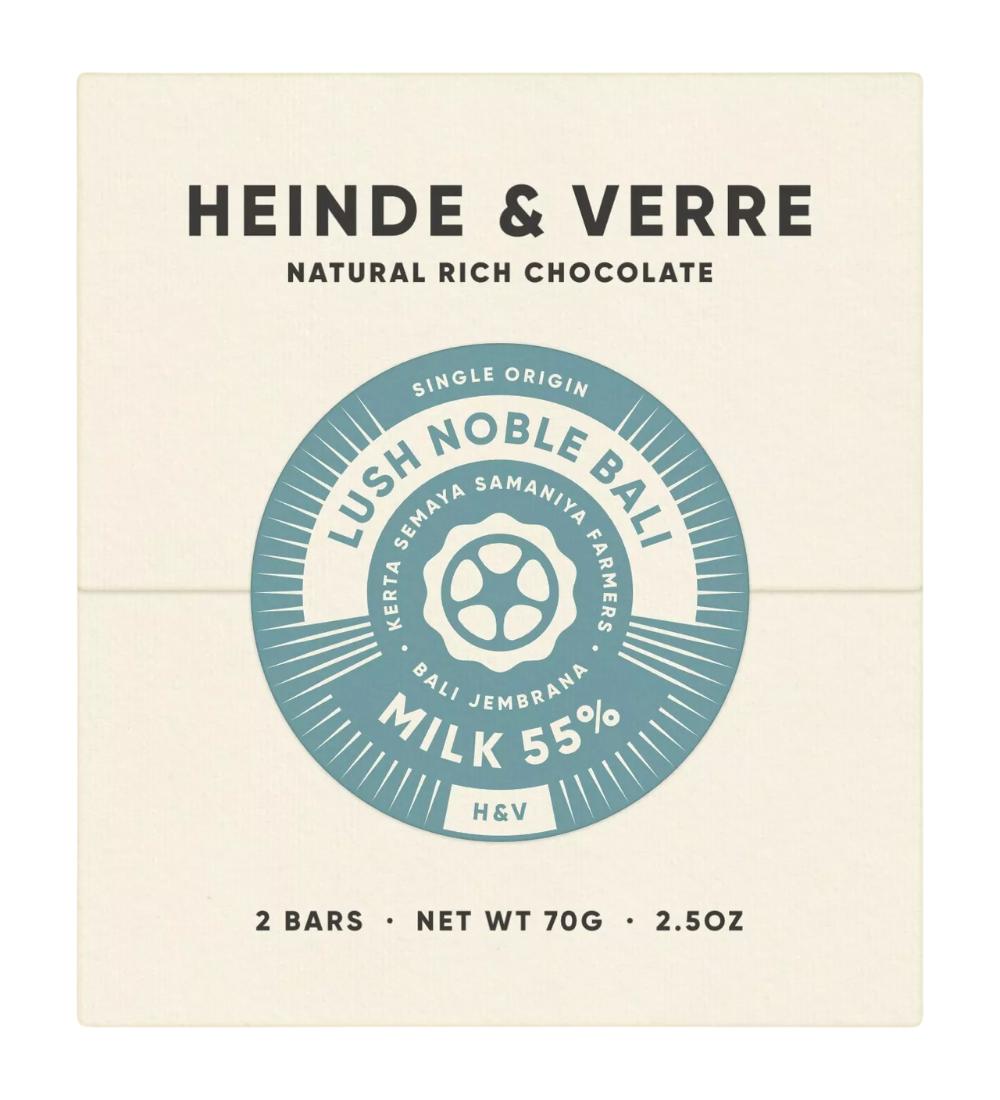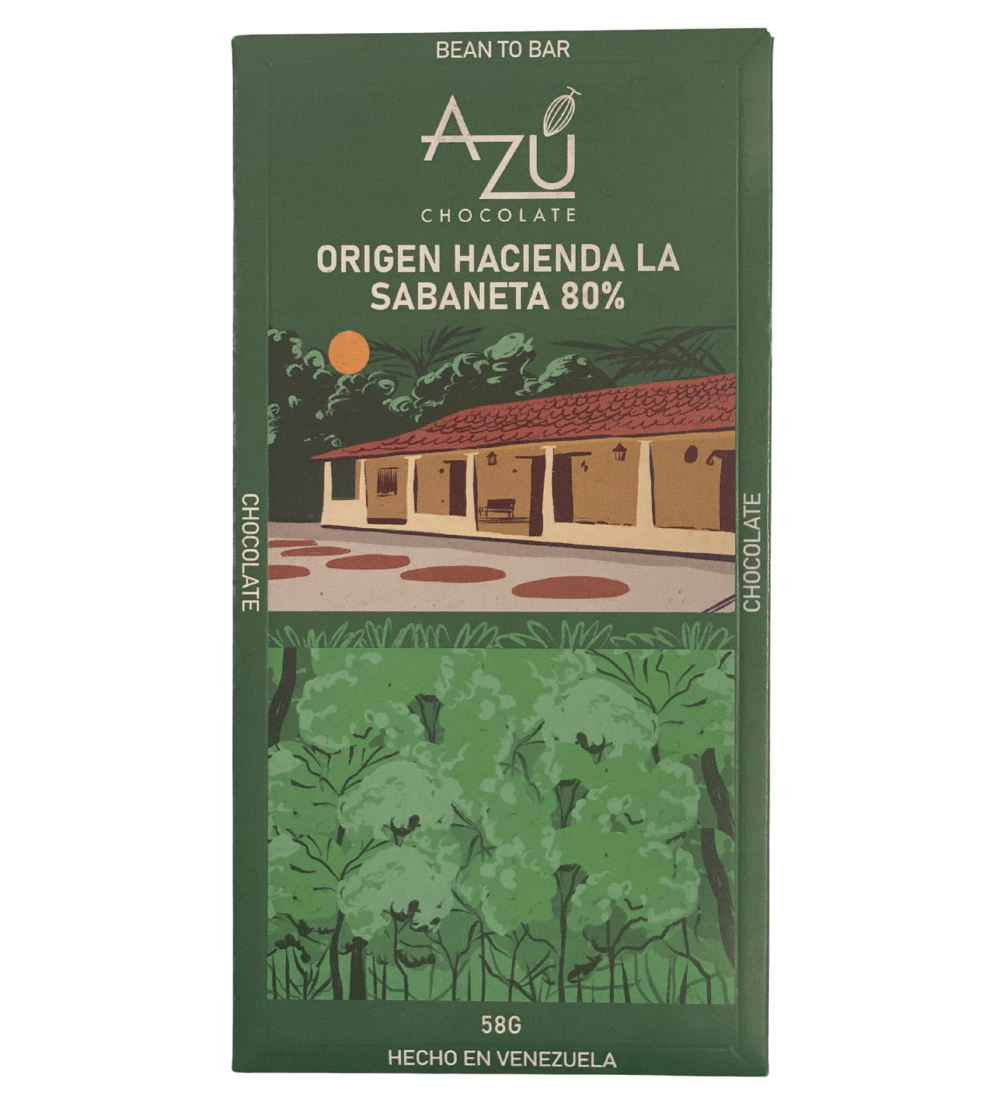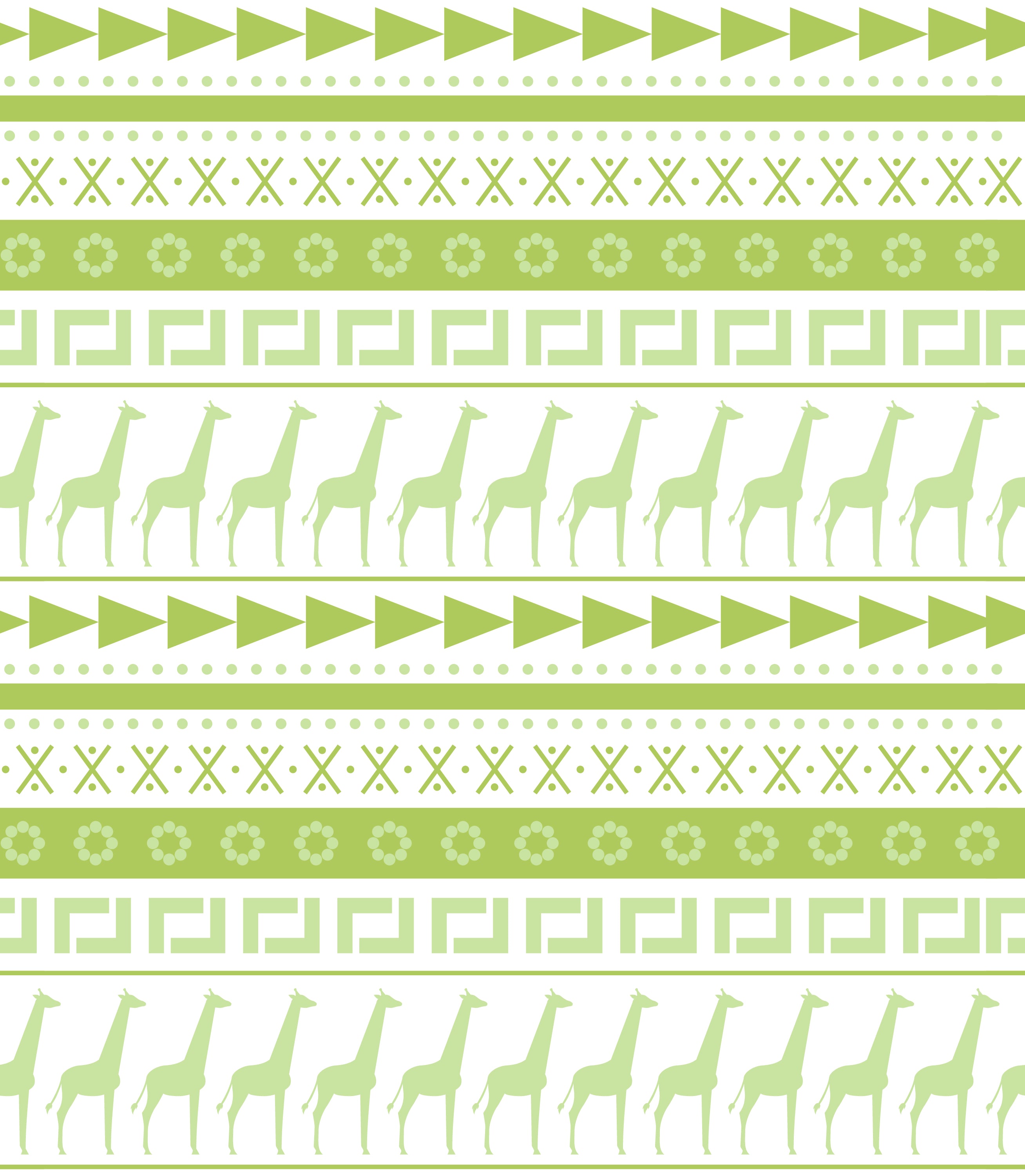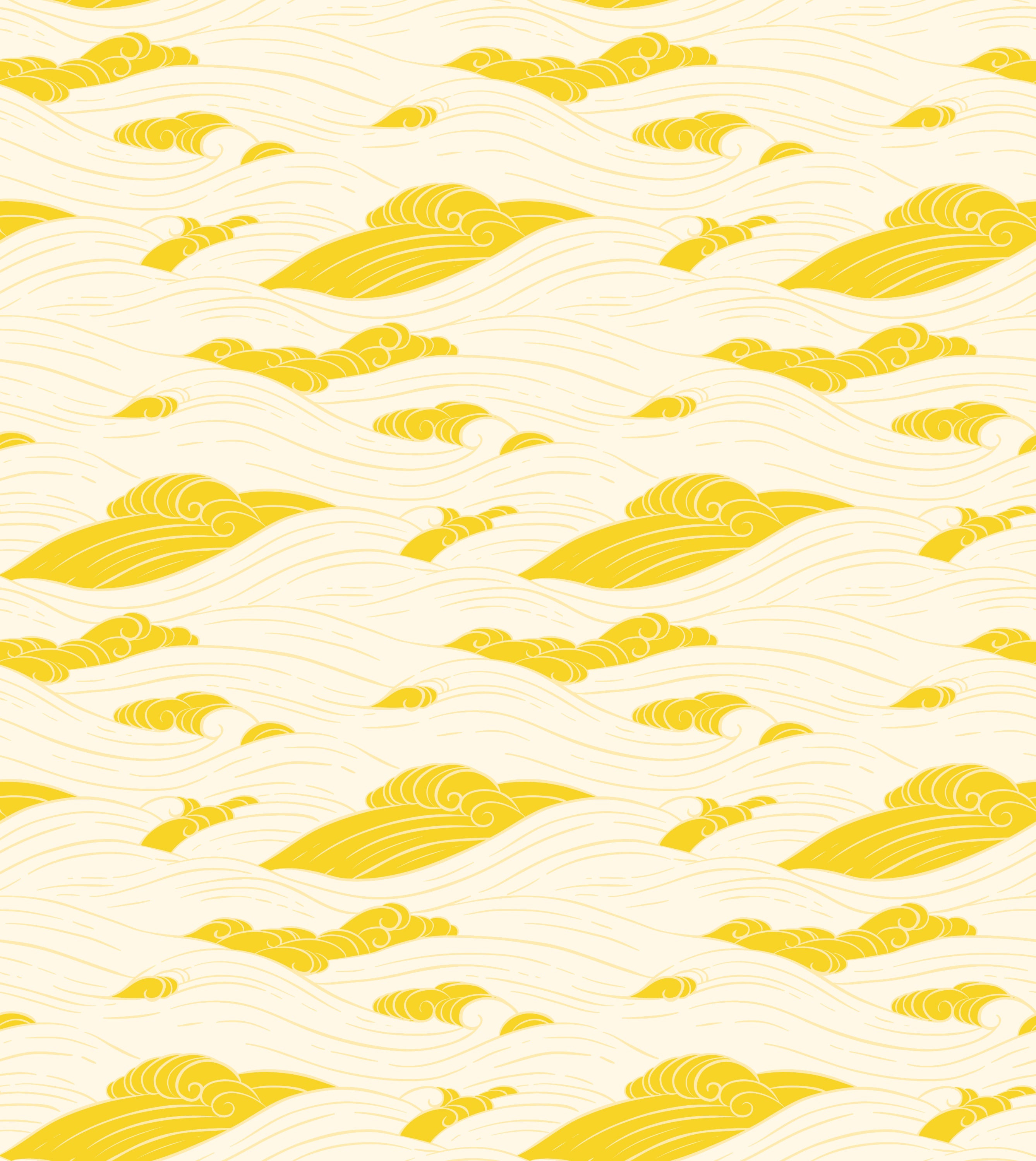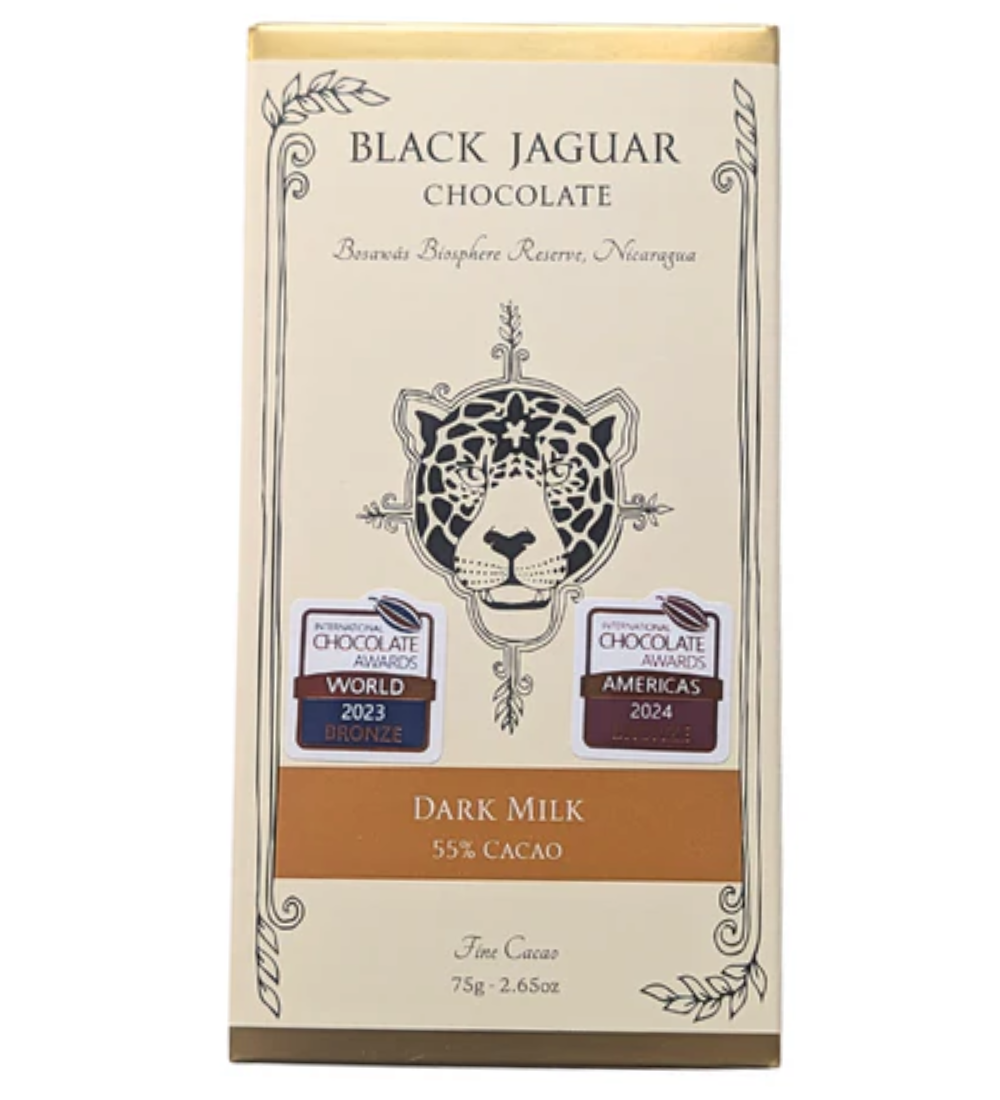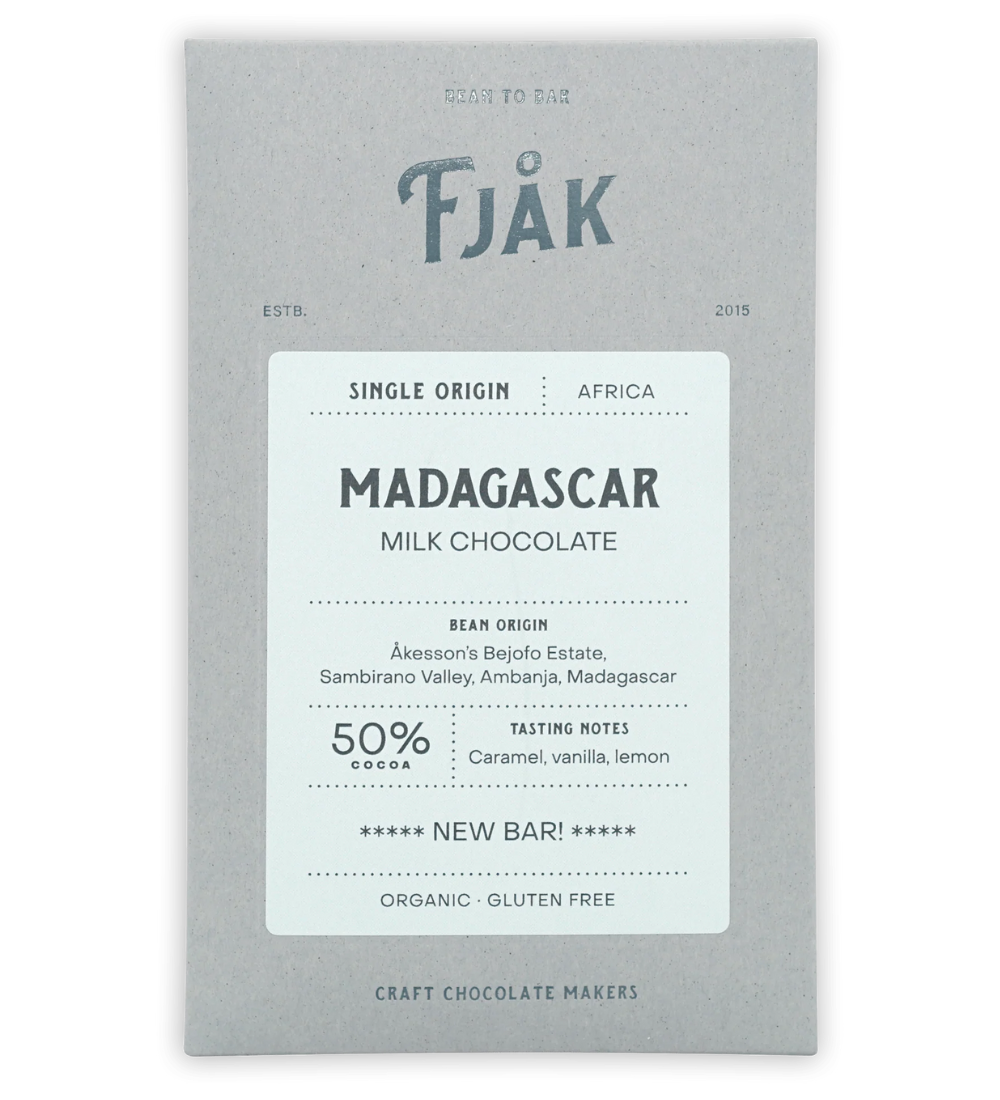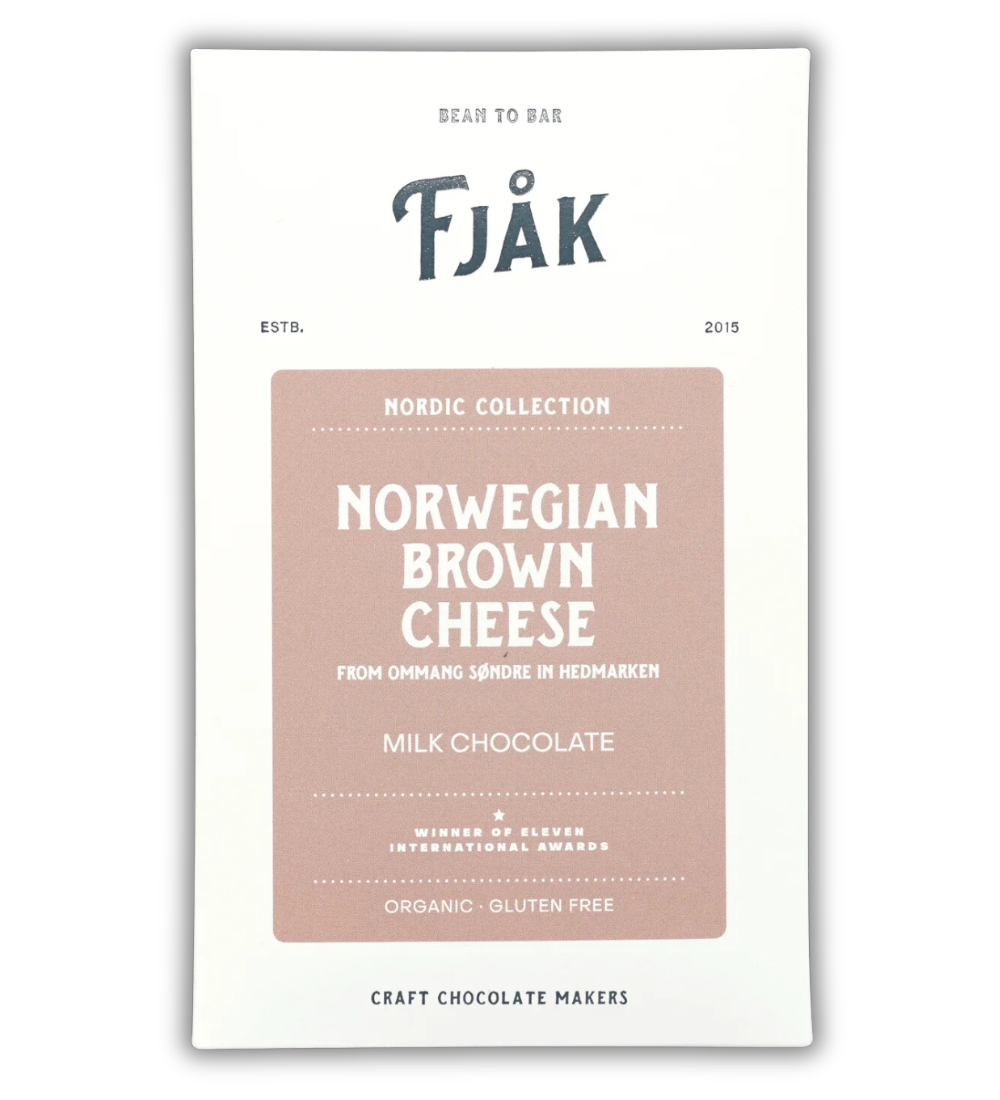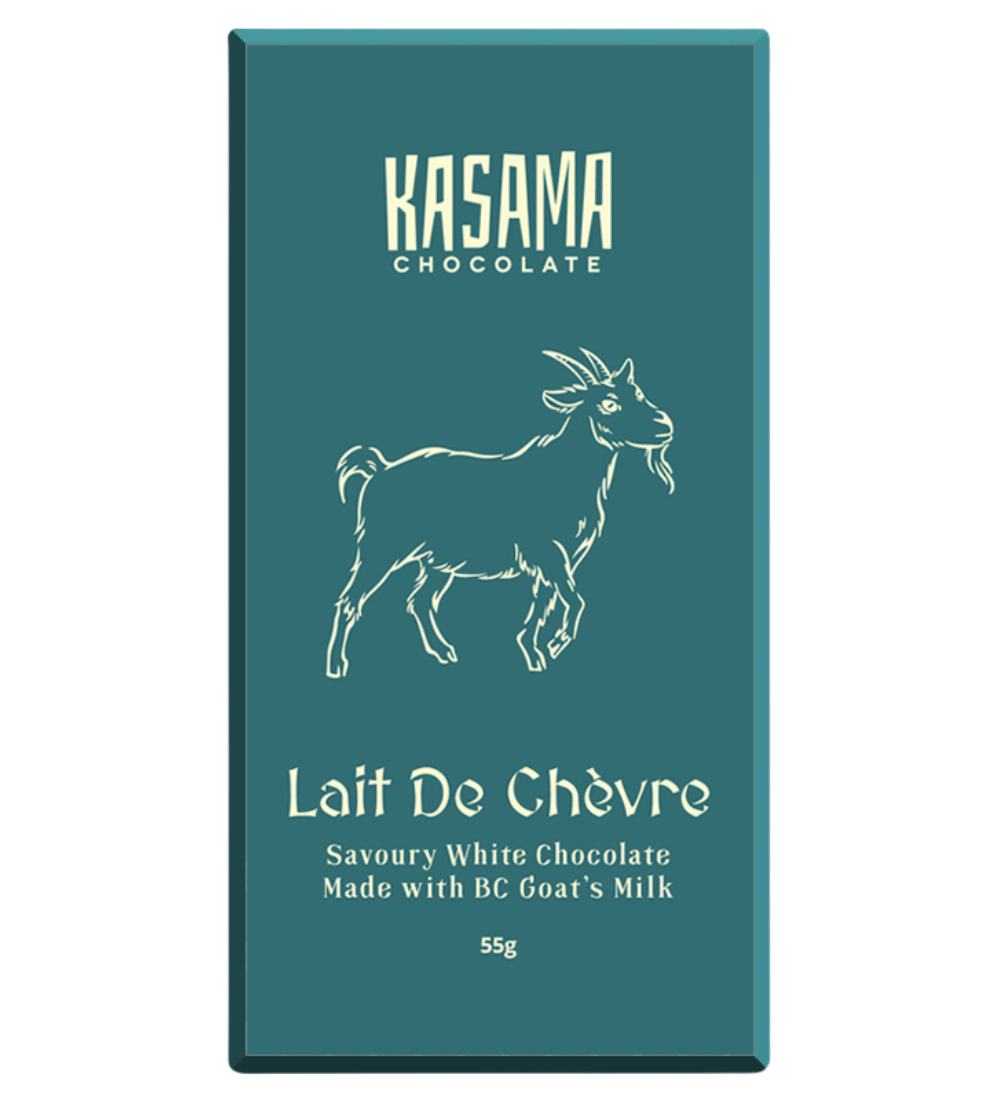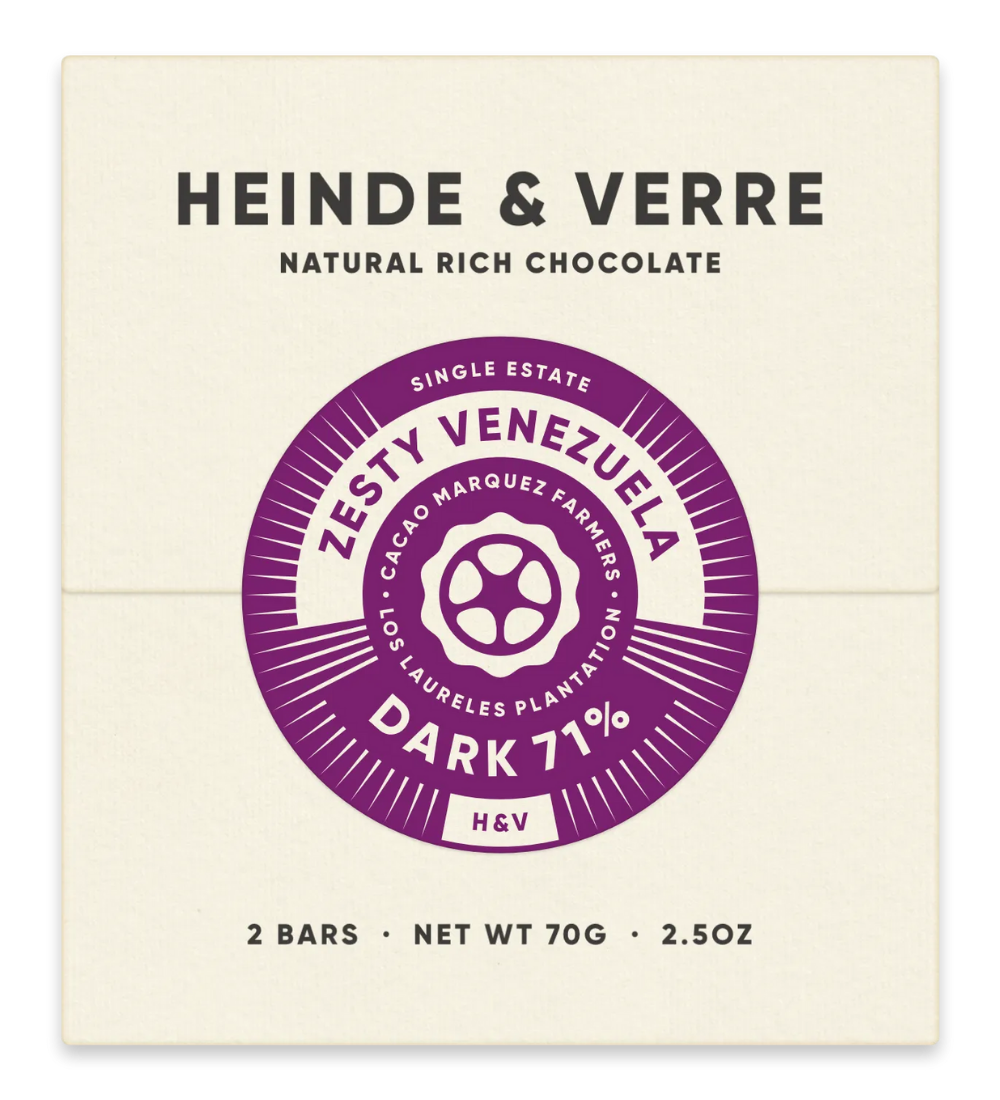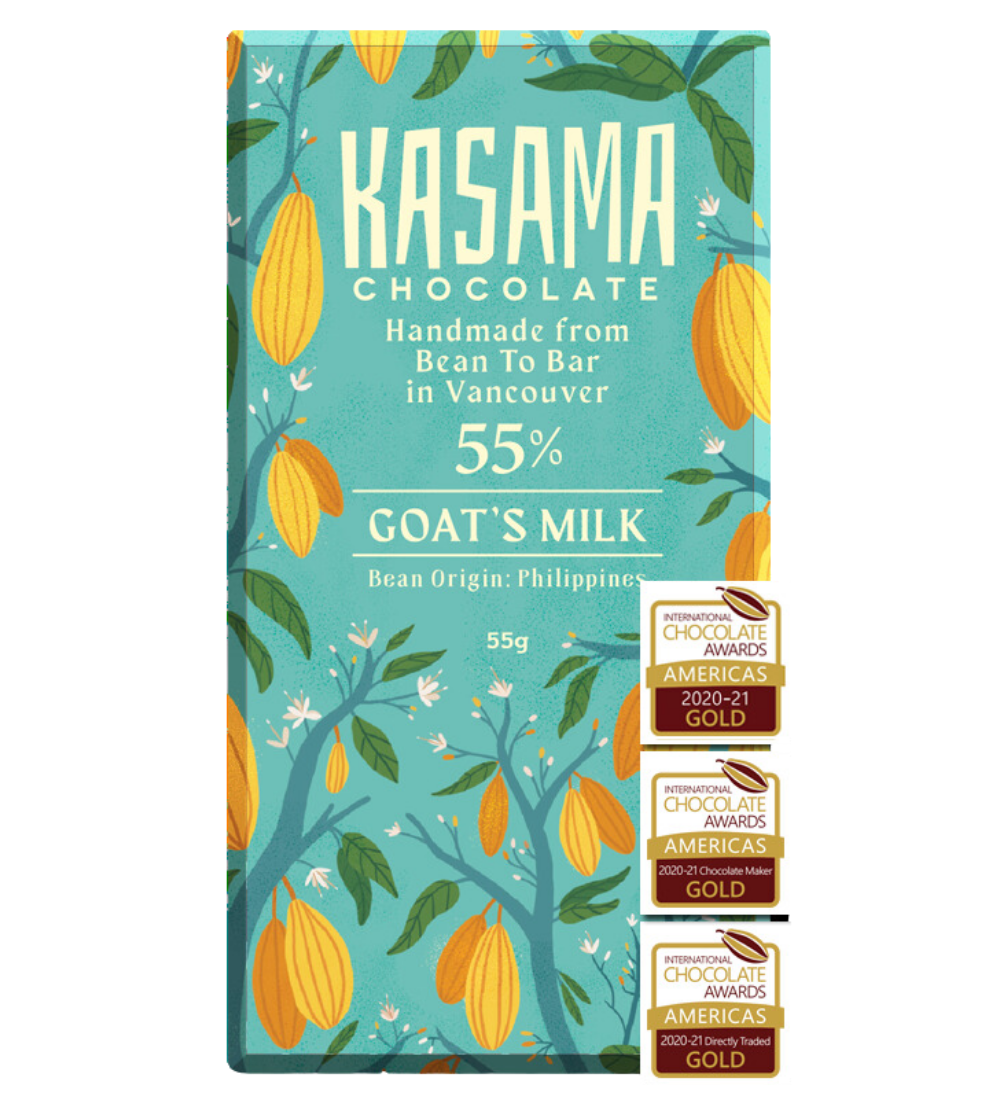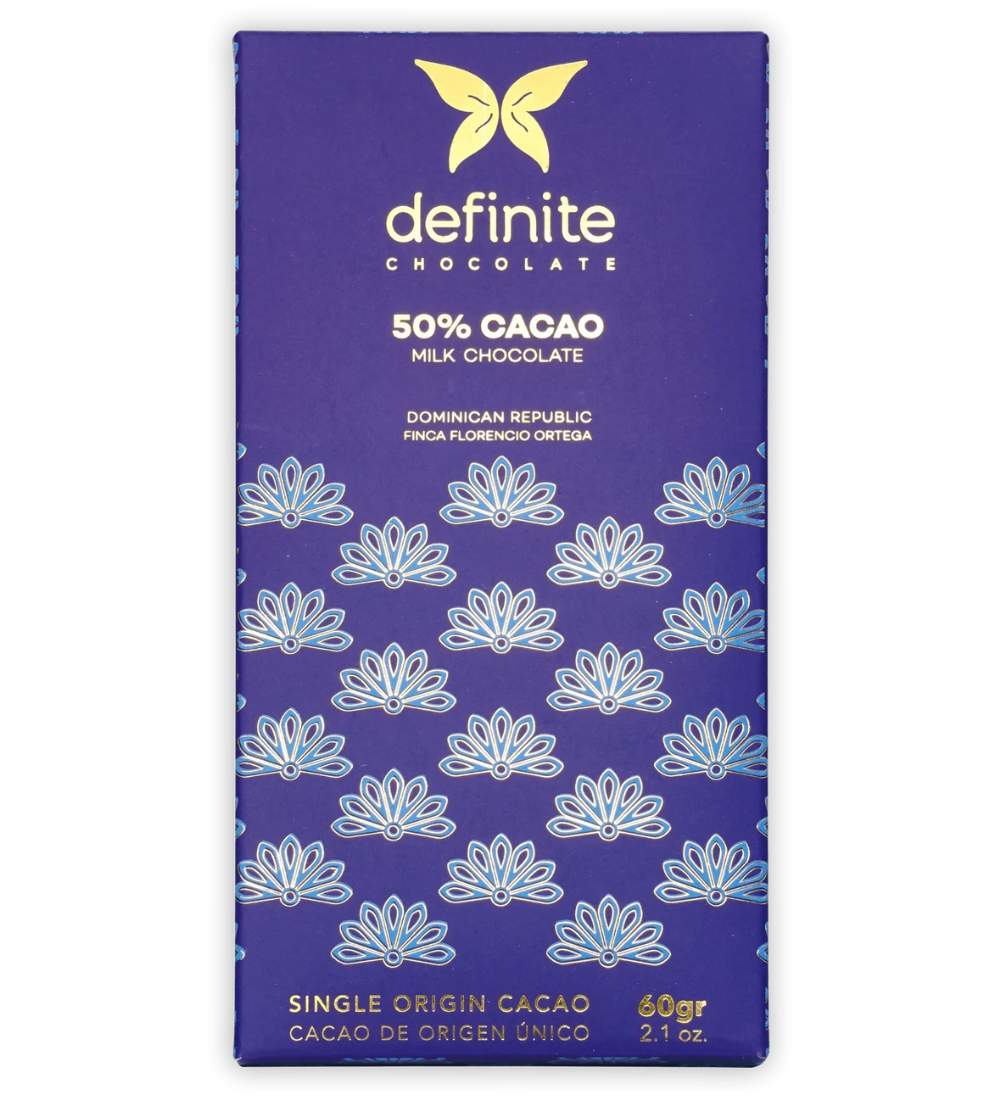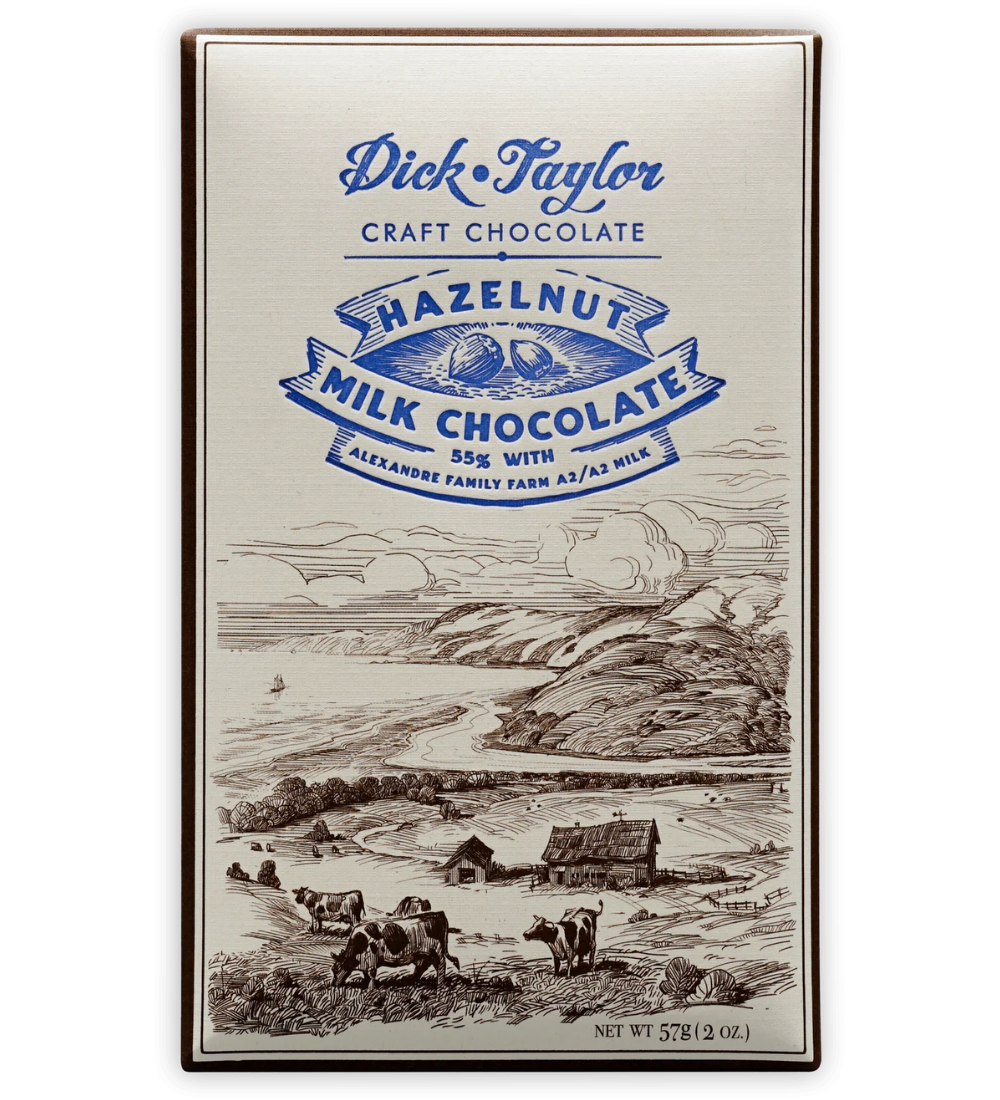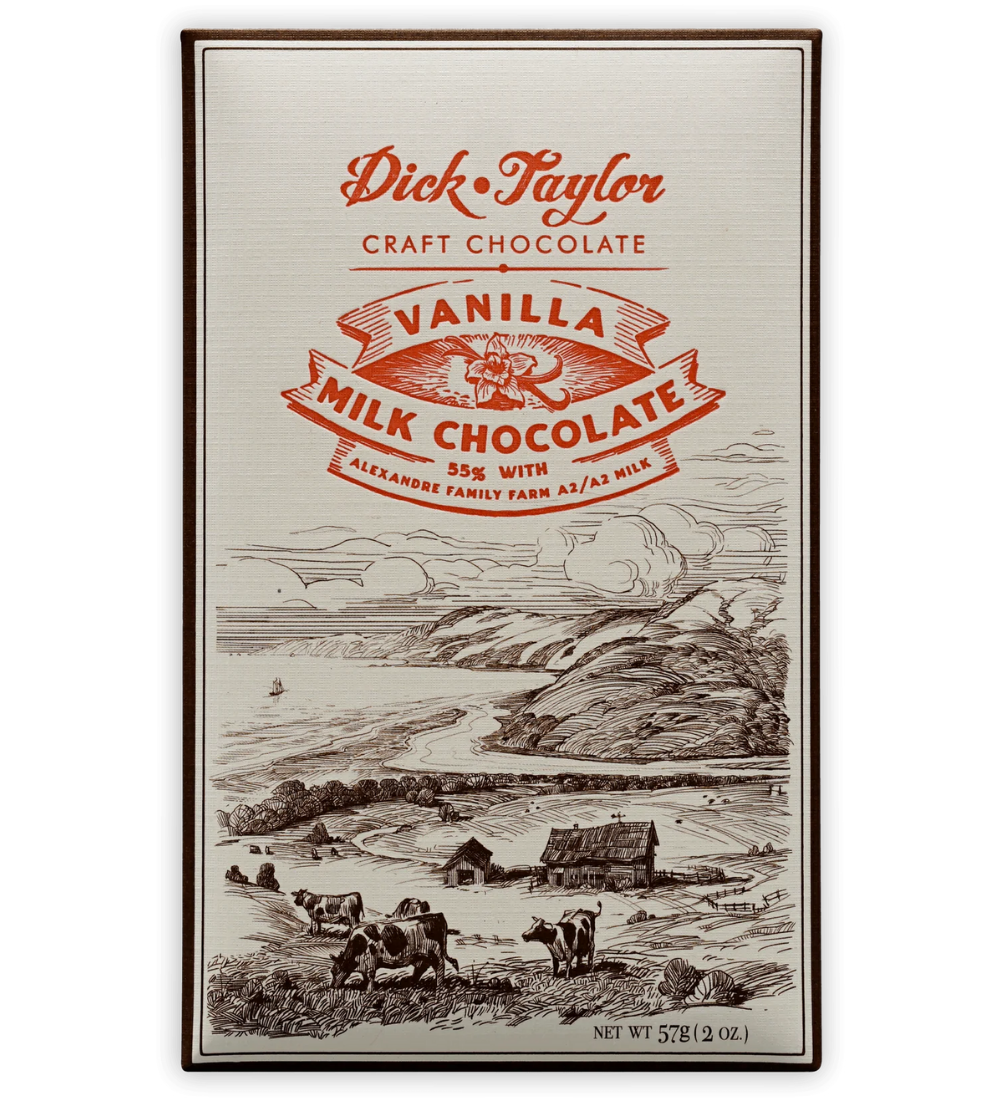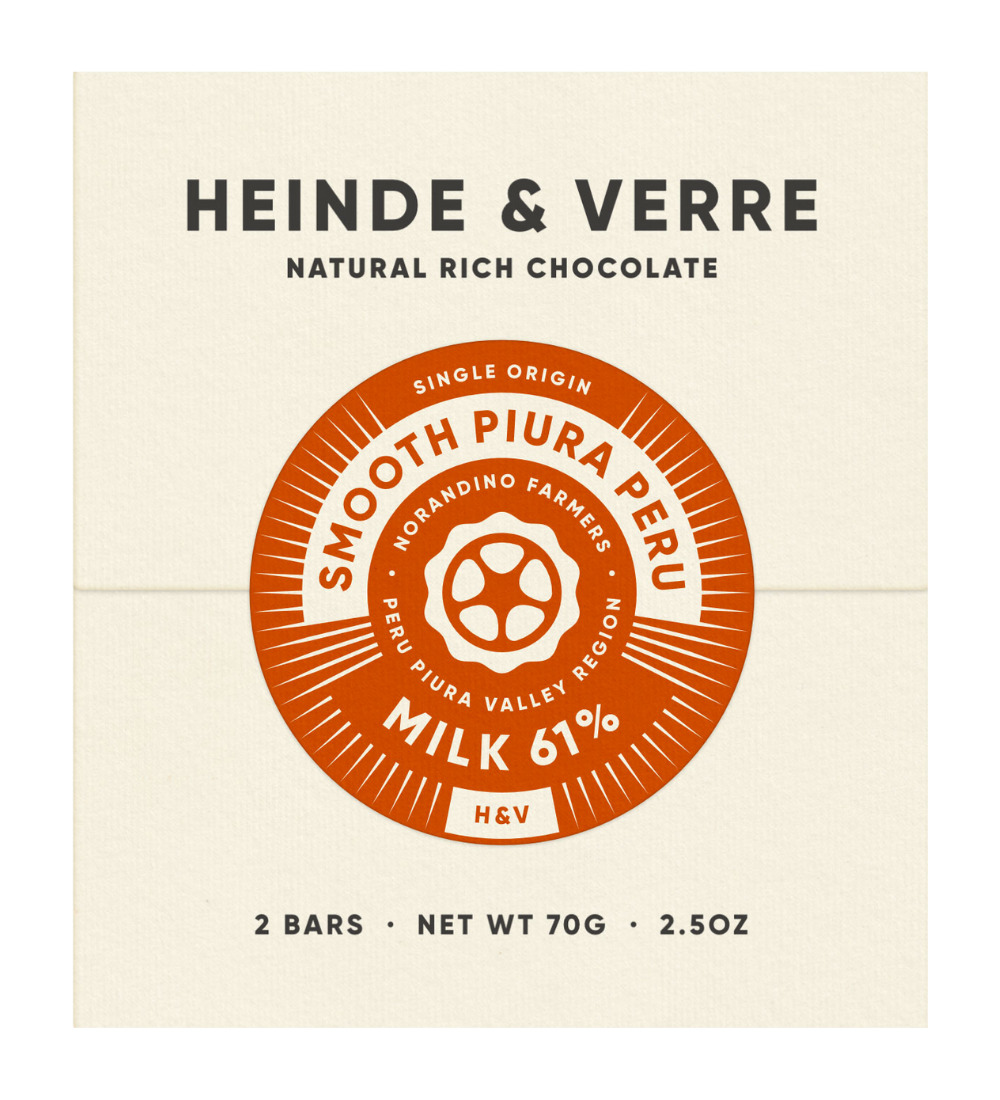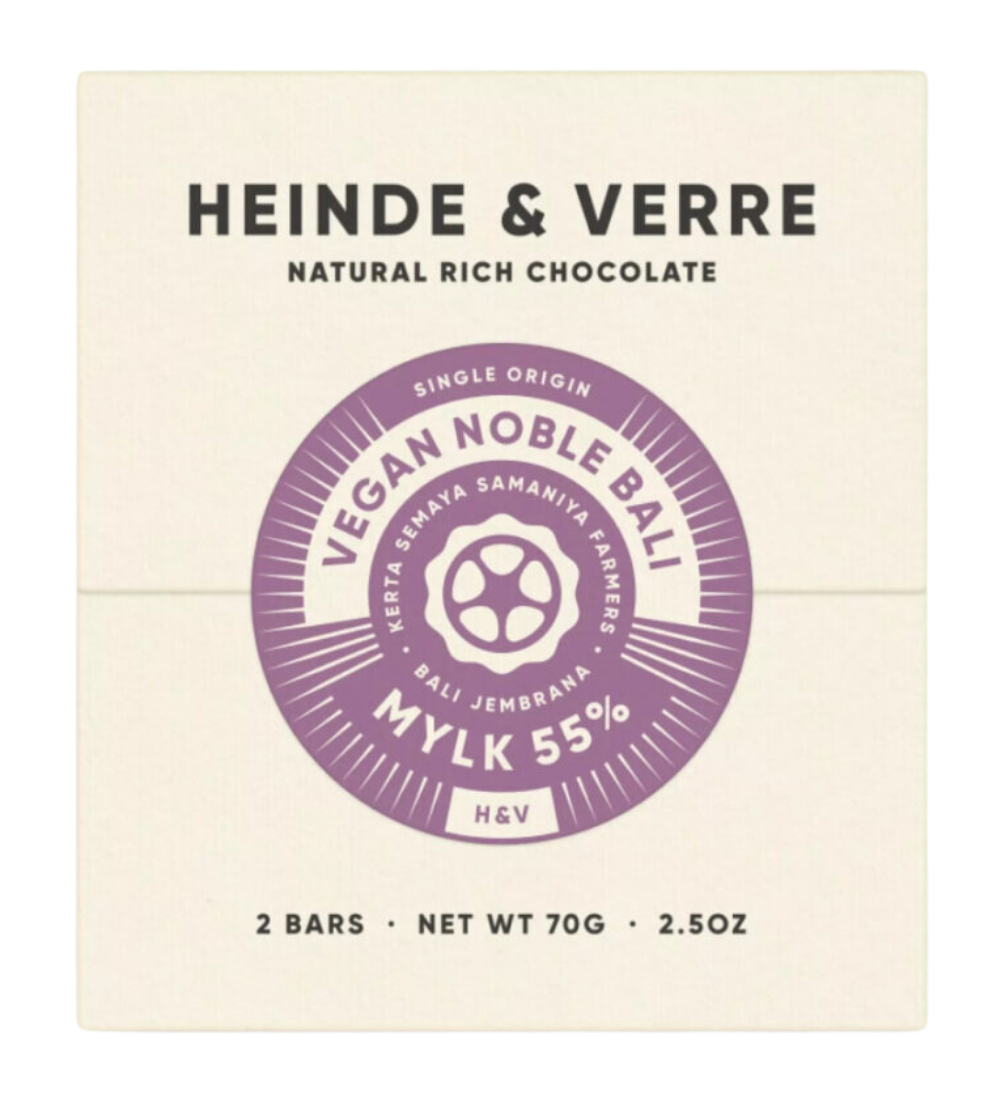This bar is made with sheep’s milk from Ubre - “udder project” - a farm located just 40 km outside Caracas. They breed Assaf sheep - an Israeli cross of Awassi and East Friesian - as well as Murciano-Granadina goats, both prized for their dairy as well as meat. With Ubre’s farm-to-table setup, the animals are kept in active rotation, moving through milking, calving, fattening, and mating stages, keeping the supply local, sustainable, and the carbon footprint low. The result is a sheep’s milk chocolate that tastes like it’s from a postcard-perfect pasture. No funky barnyard edge, no grassy or earthy kick; just a delicate, creamy flavour that brings honeycomb and hazelnut ganache to mind. It’s damn good - subtle, smooth, and almost addictive, with each bite pulling you in for another.
Azu Chuao w/ Sheep's Milk 42%
Origine du cacao : Venezuela
Pays producteur : Venezuela
Poids : 58 g
Adding product to your cart

Azu Chuao w/ Sheep's Milk 42%
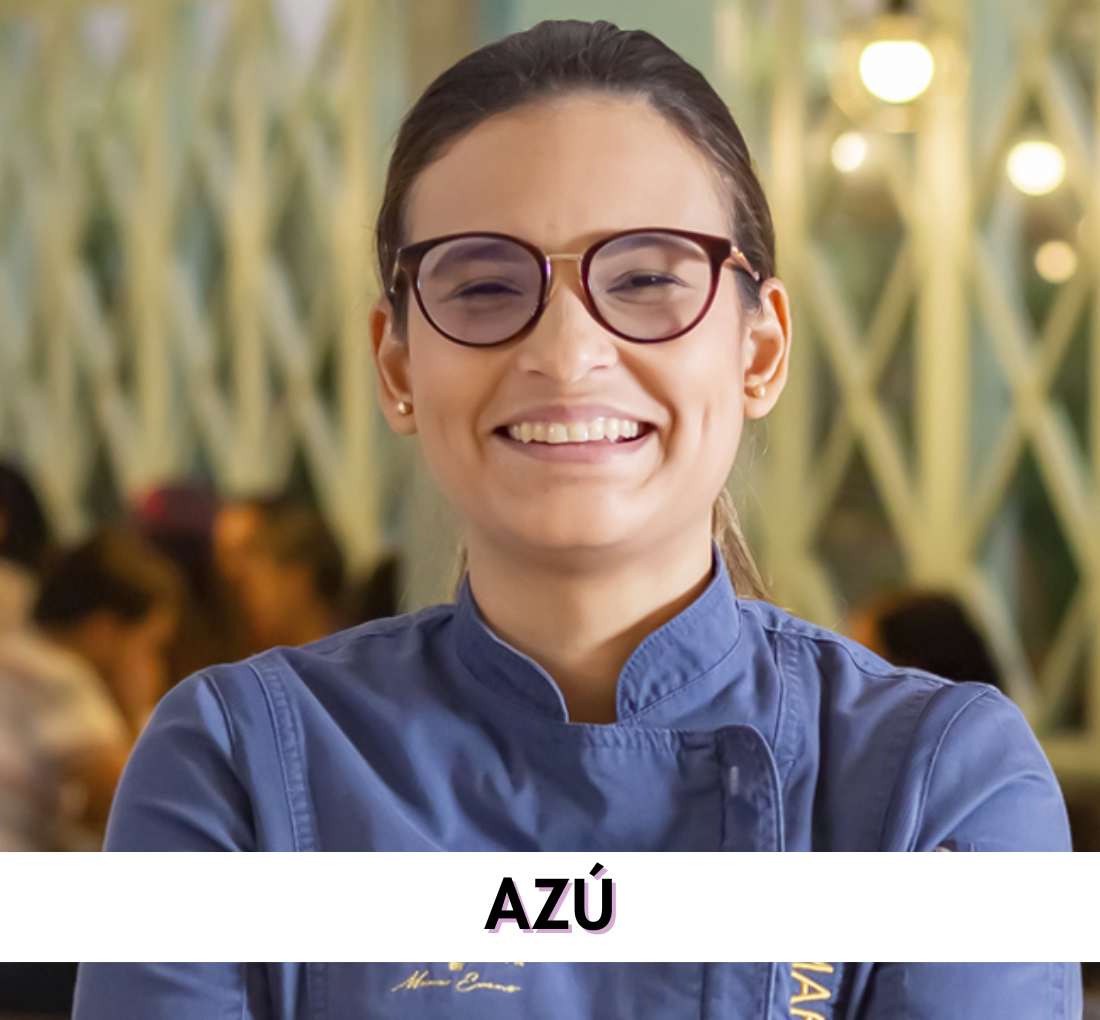
Located in Caracas, Azú is a unique “bean-to-pastry” bakery and cafe founded by pastry chef María Evans, who named it after copoazú (Theobroma grandiflorum), cocoa’s close Amazonian relative. Azú offers both sweets and savoury dishes that highlight Venezuelan and Amazonian ingredients such as parchita (passionfruit), guayaba (guava), serrapia (tonka beans), cupuaçu, and lemon ants, blending them into both classic and innovative creations. This focus on Venezuelan flavours laid the foundation for Azú’s line of chocolate bars, sourced exclusively from the renowned village of Chuao and two distinct single estates, showcasing the character of rare heirloom Venezuelan cocoa. Partnering with the Aboriginal Flavours Foundation, María also organizes seminars in the Venezuelan Amazon and still regularly teaches classes, passionately immersing others in the culture and flavours of the region that inspire her.
Achetez plus AzuAragua State, located in the north-central region of Venezuela, is characterized by dense mountainous jungles and picturesque Caribbean beaches. Home to over 2 million inhabitants, the fertile valleys of Aragua have long been central to intensive agriculture, a legacy that dates back to the last decade of the 16th century. During this time, the Spanish implemented encomiendas—a labour system that allowed conquerors to exploit the labour of non-Christian peoples, effectively establishing a form of communal slavery. Among the first crops cultivated were sugar and cocoa. The village of Chuao, nestled between mountains and the sea and accessible only by boat, is home to some of the world’s most sought-after cocoa, a testament to its over 400 years of cultivation.
